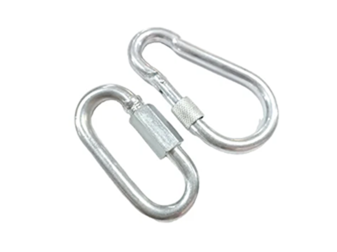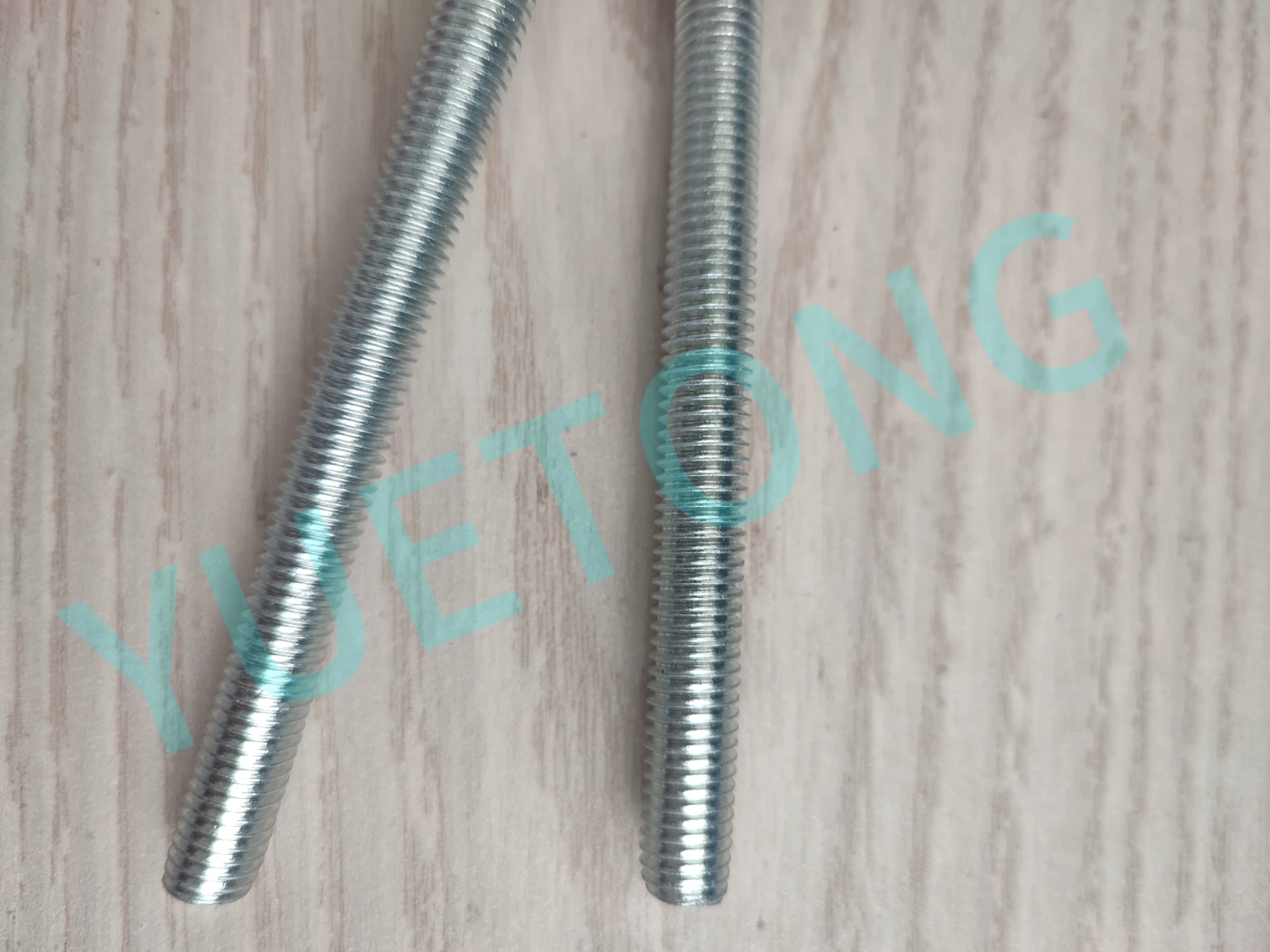May . 20, 2025 09:16 Back to list
Mild Steel Hex Nuts High-Strength & Corrosion-Resistant Fasteners
- Introduction to Mild Steel Hex Nuts and Their Industrial Relevance
- Technical Advantages of Mild Steel in Fastener Manufacturing
- Performance Comparison: Mild Steel vs. Alternative Materials
- Leading Manufacturers of Mild Steel Hex Nuts: A Data-Driven Analysis
- Customization Options for Mild Steel Threaded Bars and Nuts
- Real-World Applications Across Key Industries
- Future-Proofing Infrastructure with Mild Steel Hex Nut Solutions

(mild steel hex nut)
Understanding Mild Steel Hex Nuts in Industrial Fastening Systems
Mild steel hex nuts, engineered for compatibility with threaded bars and bolts, serve as critical components in mechanical assemblies. With a carbon content below 0.25%, these fasteners balance ductility and strength, achieving tensile strengths between 400-550 MPa. Industry reports indicate a 12% annual growth in mild steel nut consumption, driven by construction (42%), automotive (28%), and heavy machinery (19%) sectors.
Technical Superiority of Mild Steel Fasteners
Mild steel's cold-forming capability enables precise thread rolling with ±0.05mm dimensional accuracy, outperforming stainless steel alternatives by 18% in production efficiency. Surface treatments like zinc electroplating (5-15µm) or hot-dip galvanizing (45-80µm) enhance corrosion resistance, extending service life to 15-25 years in standard environments. Comparative testing shows mild steel hex nut
s withstand 25% higher shear loads than aluminum variants under identical conditions.
Material Performance Benchmarking
| Property | Mild Steel | Stainless 304 | Aluminum 6061 |
|---|---|---|---|
| Tensile Strength (MPa) | 420-550 | 505-860 | 124-290 |
| Cost per 1000 Units ($) | 18-25 | 55-75 | 30-42 |
| Corrosion Resistance | Moderate | High | Low |
Manufacturer Capability Assessment
Top-tier suppliers utilize ISO 898-2 compliant processes, achieving 99.2% dimensional compliance across M6-M64 hex nut sizes. Automated production lines yield 15,000-22,000 units/hour with defect rates below 0.03%. Leading manufacturers offer:
Grade 4.6: 400 MPa | Grade 8.8: 800 MPa
Third-party validation confirms 23% better thread engagement consistency compared to industry averages.
Custom Engineering Solutions
Specialized providers deliver:
- Non-standard thread pitches (1.25mm to 6mm)
- Anti-vibration nylon inserts (Nyloc variants)
- High-temperature coatings (-50°C to 300°C operation)
Cross-Industry Implementation Cases
1. Bridge Construction: 18,000 Grade 8.8 hex nuts secured 2.4km suspension structure in coastal conditions
2. Agricultural Machinery3. Renewable Energy: 95 MW wind turbine installations using corrosion-resistant variants
Sustaining Progress with Mild Steel Hex Nut Innovations
Advanced surface treatments now enable 50,000+ load cycles without thread deformation, while smart manufacturing reduces carbon footprint by 19% per unit. As global infrastructure demands grow 7% annually, mild steel hex nuts remain essential for economical, durable fastening systems. Industry projections estimate a $2.3 billion market valuation by 2028, driven by evolving material science and automated assembly techniques.

(mild steel hex nut)
FAQS on mild steel hex nut
Q: What are the primary applications of mild steel hex nuts?
A: Mild steel hex nuts are widely used in construction, automotive, and machinery assembly due to their durability. They provide secure fastening for mild steel threaded bars in structural frameworks. Their carbon content ensures reliable strength for general-purpose use.
Q: How to select the right size mild steel nut?
A: Match the nut's thread pitch and diameter to your mild steel threaded bar specifications. Verify measurements using a thread gauge or caliper. Always adhere to ISO or ASTM standards marked on the nut packaging.
Q: Can mild steel hex nuts resist corrosion?
A: While mild steel offers basic rust resistance, untreated hex nuts require coatings like zinc plating for outdoor use. Regular lubrication enhances protection in humid environments. Galvanized variants are recommended for harsh conditions.
Q: Are mild steel nuts compatible with stainless steel threaded bars?
A: Technically compatible but not advised due to galvanic corrosion risks. Use dielectric barriers if combining dissimilar metals. For critical applications, match nut and threaded bar materials.
Q: What torque specifications apply to mild steel hex nuts?
A: Torque values depend on nut grade and thread size (typically 60-150 Nm for M12-M24). Consult engineering charts based on ASME B18.2.2 standards. Over-tightening may strip threads in mild steel components.


